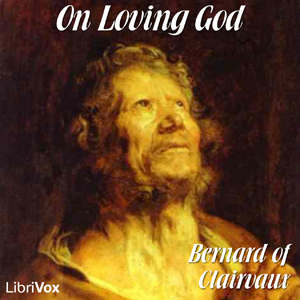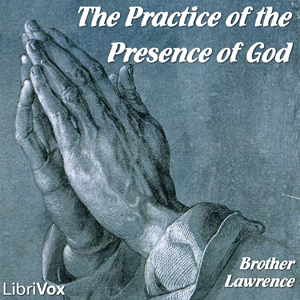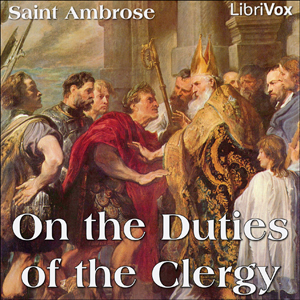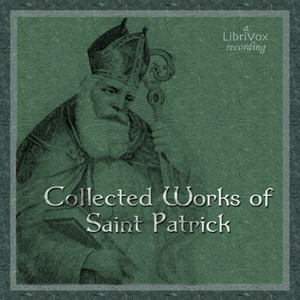- The cause of writing this general Discourse concerning Laws
- Of that Law which God from before the beginning hath set for himself, to do all things by
- The Law which natural agents observe, and their necessary manner of keeping it
- The Law which the Angels of God obey
- The Law whereby Man is in his actions directed to the imitation of God
- Men's first beginning to understand that Law
- Of Man's Will, which is the first thing that Laws of Action are made to guide
- Of the natural finding out of Laws by the light of Reason, to guide the will unto that which is good
- Of the benefit of keeping that Law which Reason teacheth
- How Reason doth lead men unto the making of human Laws, whereby politic Societies are governed, and to agreement about Laws, whereby the fellowship or communion of independent Societies standeth
- Wherefore God hath by Scripture further made known such supernatural Laws as do serve for men's direction
- The cause why so many natural or rational Laws are set down in Holy Scripture
- The benefit of having divine Laws written
- The sufficiency of Scripture unto the end for which it was instituted
- Of Laws positive contained in Scripture; the mutability of certain of them, and the general use of Scripture
- A Conclusion, shewing how all this belongeth to the cause in question
Hooker resolved to investigate the position of the English Church, and to attempt to answer the question What is the basis upon which Church laws and Church government rest? And his magnum opus ‘The Laws of Ecclesiastical Polity’ was the result.
The Puritan system with which Richard Hooker found himself face to face, and which he so resolutely and courageously set himself the task of discrediting, speaking broadly, was based on the assumption that, in all matters affecting religious worship, discipline, and government, an unchangeable rule is laid down in Holy Scripture, and in Holy Scripture alone.
It was held (by the Puritans) that no law could be of permanent obligation which was not expressed in Holy Scripture, and that no law which was contained in any part of Holy Scripture could fail to be of permanent obligation.
In opposition to the Puritan contention Hooker urged that, in order to discover what the Divine order is, we must have recourse not only to the written word of God, but also to the moral relations, the historical development, and the social and political institutions of the human race and, in determining the laws of this Divine order, he asserted the function of human reason. And, moreover, he claimed for human reason the office of distinguishing in the Bible record, between what is changeable and what is unchangeable, between what is of merely temporal and what is of lasting obligation.
The design of The Laws of Ecclesiastical Polity, as stated by Richard Hooker, was to settle current controversies concerning religion and government, and “to resolve the conscience, and to show as near as I can what in this controversy the heart is to think, if it will follow the light of sound and sincere judgment, without either cloud of prejudice, or mist of passionate affection.” - Summary by Vernon Staley
The Puritan system with which Richard Hooker found himself face to face, and which he so resolutely and courageously set himself the task of discrediting, speaking broadly, was based on the assumption that, in all matters affecting religious worship, discipline, and government, an unchangeable rule is laid down in Holy Scripture, and in Holy Scripture alone.
It was held (by the Puritans) that no law could be of permanent obligation which was not expressed in Holy Scripture, and that no law which was contained in any part of Holy Scripture could fail to be of permanent obligation.
In opposition to the Puritan contention Hooker urged that, in order to discover what the Divine order is, we must have recourse not only to the written word of God, but also to the moral relations, the historical development, and the social and political institutions of the human race and, in determining the laws of this Divine order, he asserted the function of human reason. And, moreover, he claimed for human reason the office of distinguishing in the Bible record, between what is changeable and what is unchangeable, between what is of merely temporal and what is of lasting obligation.
The design of The Laws of Ecclesiastical Polity, as stated by Richard Hooker, was to settle current controversies concerning religion and government, and “to resolve the conscience, and to show as near as I can what in this controversy the heart is to think, if it will follow the light of sound and sincere judgment, without either cloud of prejudice, or mist of passionate affection.” - Summary by Vernon Staley
There are no reviews for this eBook.
There are no comments for this eBook.
You must log in to post a comment.
Log in











